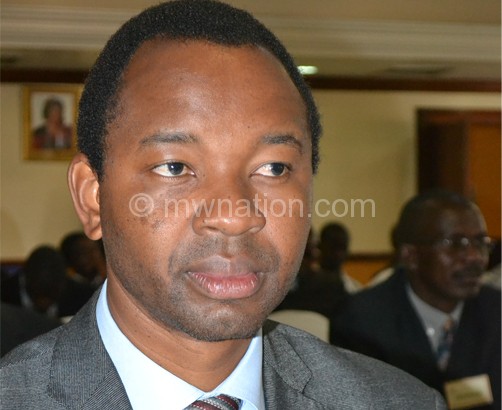Court rules on Executive, Judicial powers
The Supreme Court of Appeal in Blantyre on Tuesday ruled that the President does not violate the principle of separation of powers when he determines the sentences for juveniles under “at the pleasure of the President” provision.

The determination was made by a five-member panel of Justices of Appeal comprising Chief Justice Andrew Nyirenda, justices Edward Twea, Frank Kapanda, Lovemore Chikopa and Rezine Mzikamanda.
This followed an appeal case brought before the court by Evance Moyo who was arrested in 1997 as a 16-year-old for allegedly killing his friend in a fight and after losing his juvenile status, he was tried and found guilty of murder in 2002.
Under Malawi’s law, juveniles sentenced for crimes of homicide are sentenced “at the pleasure of the President,” meaning the President determines when a person should be released.
However, Moyo was not sent to an approved reformatory centre, as per the order of the trial judge, where a ‘board of visitors’ would have assessed his progress and rehabilitation and could then have made a decision on when he should be released.
Instead, after his trial in 2002, Moyo was sent to Chichiri Prison where he was detained alongside adult prisoners for about 11 years.
When he sued the Attorney General for wrongful imprisonment in 2009, the Constitutional Court determined that his imprisonment alongside adult prisoners, violated his constitutional and international law rights and ordered his immediate release in respect of not being accorded the special treatment for juvenile prisoners.
However, the five Justices in their ruling quashed the applicant’s appeal and said the “at the pleasure of the President” provision is constitutional and does not infringe the principle of separation of powers.
They said detaining a juvenile using the “at the pleasure of the President” as the law stood at the time of Moyo’s detention was constitutional as that legislation has now been amended, and is no longer in force.
In a brief interview, Mandala Mambulasa, counsel for the appellant, said: “This is the determination of the highest court on the land and that is ok.” n





